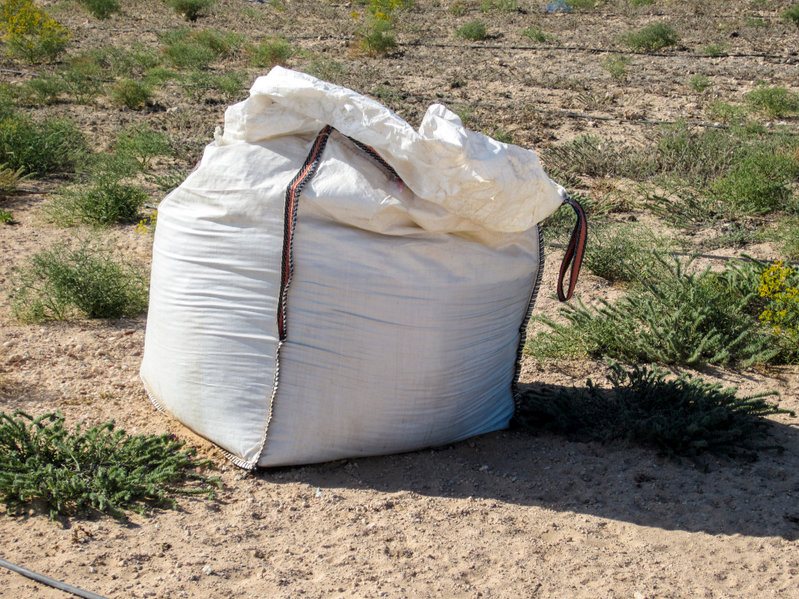
Farmers could spend as much as £628m extra on nitrogen and phosphate fertilisers made using gas during 2023, according to new analysis.
Although gas prices have fallen slightly, they remain high and so do the prices of fertilisers which require a lot of energy to make or even use gas as an ingredient.
Previous Energy and Climate Intelligence Unit (ECIU) analysis found that farmers paid an extra £760m for fertiliser over the course of 2021 and 2022 due to high gas prices.
According to new analysis published today, the ECIU suggests farmers could be paying an extra £1.1 billion for fertilisers from 2021-2024 due to these high prices.
The latest fertiliser price data shows that farmers are entering 2023 continuing to face extremely high prices for high-carbon fertilisers made using gas.
Global fertiliser prices peaked in March-May 2022 around the time of the Russian invasion of Ukraine, then fell back over the summer.
But in late 2022-early 2023 they have shown little response so far to falling gas prices.
Responding to the new analysis, Matt Williams, land use analyst at ECIU, said farmers were staring down the barrel of another tough year.
"The price of fertilisers made from gas remains at historic highs meaning Britain’s farmers could pay hundreds of millions of pounds extra this year compared to more normal prices.
“Government agencies are already warning of a repeat of last year’s summer drought. Helping farm businesses survive and protecting the UK’s food security will mean supporting farmers.
"Boosting access to low-carbon alternative fertilisers, and rewarding them for restoring trees and hedges that can absorb carbon and hold water will help reduce drought impacts."
Last summer, the NFU said growers had no confidence in purchasing inputs due to a "complete lack of transparency" in the fertiliser market.
The union urged the government and industry to build more transparency in the market to drive resilience and bolster UK food security.
To achieve greater transparency, suppliers must publish fertiliser prices 'immediately' to help farm businesses plan for next year’s crop.
